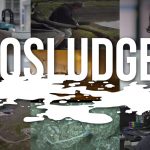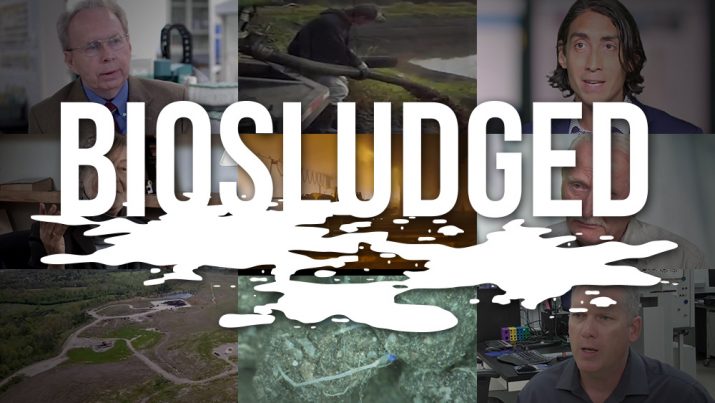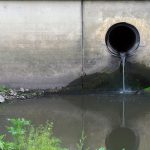
Farmers who use biosolids are NOT required to tell anyone – their land is being polluted in SECRET
Thursday, April 18, 2019 by Ethan Huff
http://www.biosludge.news/2019-04-18-farmers-who-use-biosolids-not-required-to-tell-anyone.html

One would think that with so many lingering and unanswered questions about the safety of “biosludge” that regulatory authorities would, at the very least, require farmers who use the stuff to provide full, public disclosure in the interest of public safety. But unfortunately this isn’t the case.
According to biosludge truth activist Craig Monk, a local resident of Midlothian, Texas, near Dallas-Fort Worth, farmers and others who apply biosludge to their land are currently not required by laws to disclose this fact – even when their use of biosludge has the very real potential to negatively impact their neighbors.
This lack of transparency has created an ongoing nightmare in Monk’s local community, where biosludge odor and residue is negatively affecting people’s homes and personal property. And because biosludge users are apparently given preferential legal treatment, there’s been very little they can do to stop this toxic onslaught.
“Farmers are not required to tell anybody that they’ve put out biosolids,” Monk told the crew of the new Biosludged documentary film by Brighteon Films during an exclusive, behind-the-scenes interview.
“And until people who might buy that farm, and the general public becomes aware of what biosolids or sewage sludge is, they’ll continue to sell their properties uninhibited.”
Be sure to watch the full interview at Brighteon.com below:
Cattle used for human food being secretly fed biosludge-contaminated feed
The subdivision where Monk lives is one such locale where nearby farm fields are being regularly doused in biosolids, creating massive pollution in the form of putrid odors and even contamination of nearby properties with used tampons and condoms.
It’s difficult to say whether or not the actual land on which Monk and his neighbors’ houses were built at one time had biosludge dumped all over it. But there’s plenty of land around him that is being covered in biosludge – and that, one day, will likely be subdivided and have houses built on it, unbeknownst to the land’s new owners.
There are also obvious risks while the land is still being used for producing food, as both plants and animals uptake whatever mystery chemicals might be lingering in the soil. And once again, none of this is ever disclosed to the public, which means public health is taking a backseat to corporate profits.
“Cattle that have been foraging on biosolids are taken to feedlots before anybody even knows it – and then they don’t even have to claim it,” Monk warns. “And with cattle, if you have a sick cow, as long as it can walk, walk into the feedlot, they’re going to process it.”
What this suggests is that millions of Americans are consuming biosolids – pharmaceuticals, used hygiene products, industrial chemicals and all – every time they consume conventional meat and produce that’s raised and grown on biosolids-contaminated land.
“Sewage sludge, or biosolids, whatever you want to call it, was never designed to be put out on top of land,” Monk adds, further explaining how he’s dedicated much of his time in recent years towards investigating the biosolids situation in the interest of public health.
“It was designed to be put in a landfill, a lined landfill, because of the contaminants, chemicals, and pathogens that are in it,” he says, pointing to official U.S. Environmental Protection Agency (EPA) documents that openly admit to the fact that regulatory authorities really don’t know for sure what’s being dumped on America’s farmland every time biosludge is applied.
For more news about biosolids, be sure to check out Biosolids.news.
You can also check out the Biosoludged documentary in its entirety for FREE at Biosludged.com.
Sources for this article include:
Tagged Under: Tags: agriculture, badfood, badhealth, badpollution, Biosludge, Biosludged, Brighteon, Brighteon Films, chemicals, contaminants, contaminated, Craig Monk, cropland, crops, drinking water, Ecology, environ, environment, Environmental Protection Agency, EPA, farmers, farming, farms, food supply, harvest, interview, livestock, meat, Midlothian, pollutants, pollution, produce, raw sewage, report, sewage, toxic soil, wastewater




